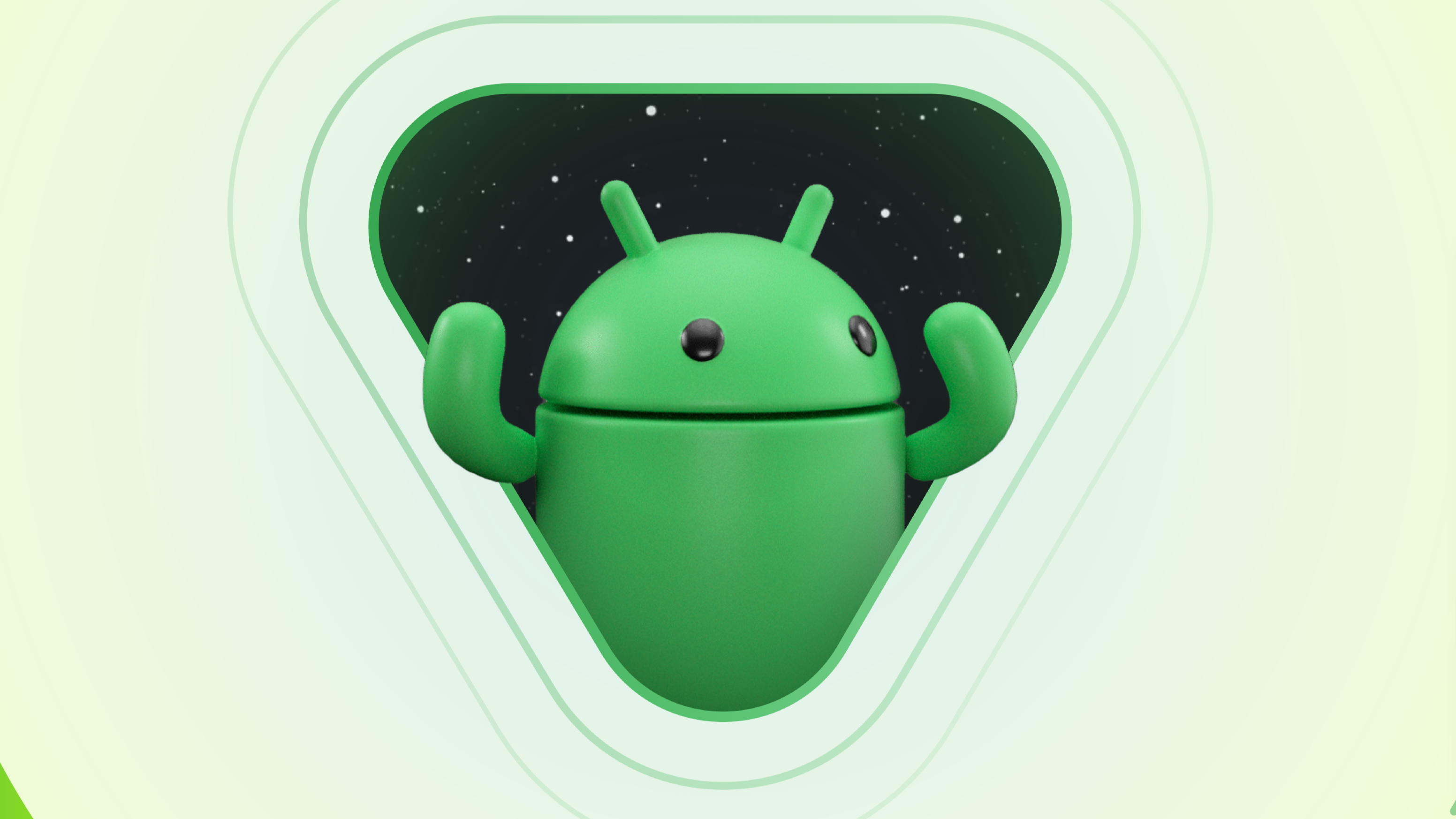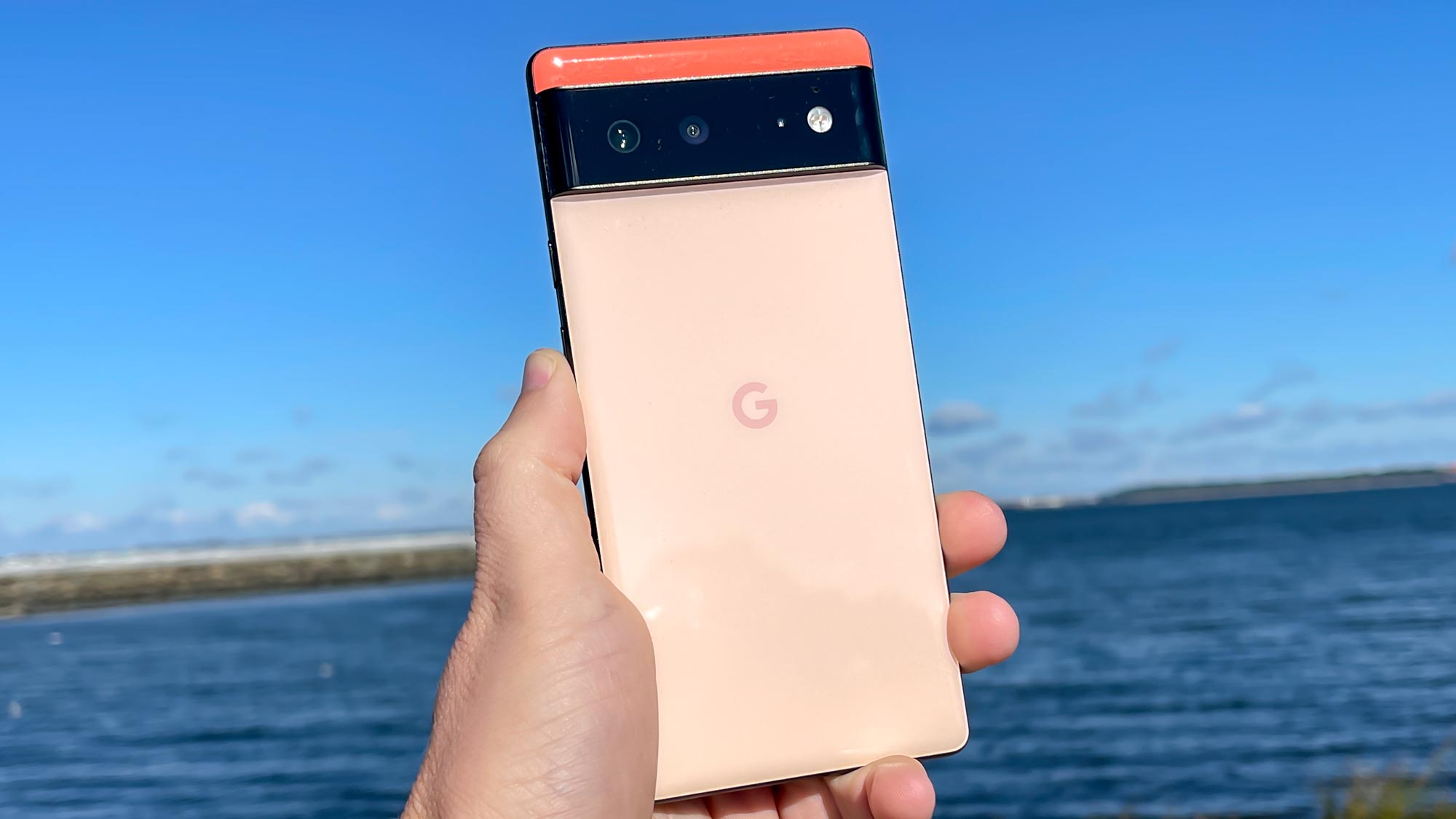
The final version of Android 15 should be arriving pretty soon. Potentially within a month, considering the launch of the Pixel 9 is currently scheduled for August 13. But work still needs to be done before Android 15 is completely ready, and the latest beta release should help move things along.
Assuming everything goes according to plan, Android 15 Beta 4 should be the last major release before Android 15 launches to the masses. Google has also revealed that this is the second “Platform Stability” release, and means developers can start preparing their apps to fully integrate with the Android 15 OS ahead of its public launch.
Of course, a new beta comes with new changes. None of them are particularly major, since we’re long past the appropriate time to release new features. But that doesn’t make these changes any less important — quite the opposite. This is all the fine-tuning Google needs to do to ensure Android 15 is up to scratch.
What has changed with Android 15 beta 4?

Google says the main change is removing legacy PNG-centric emojis in favor of vector graphics. Vector graphic support first launched in Android 13 and is currently the only option for Pixel phones. But with the launch of Android 15 they’ll be the only option for emojis. The benefit is that vector graphics are infinitely scalable and can be enlarged without causing any pixelation.
Other fixes include a contrast problem that made the Quick Settings tile hard to read and another that stopped app notification settings from being restored after restoring your device from a backup.
On top of that, we have a huge number of bug fixes, including one designed to prevent Pixel 6 devices from being bricked if users reset their phones too soon after updating the Android software.
Pixel Fold owners will also find that they won’t be stopped from enrolling a face in Face Unlock if you fold or unfold the device in the middle of the process.
Other fixes include a contrast problem that made the Quick Settings tile hard to read and another that stopped app notification settings from being restored after restoring your device from a backup.
Digital Car Key will now be able to perform low latency scans when running in the foreground, the head-tracking codec now detects transport support in the LE Audio stack and Google has fixed a problem that caused “immediate rejection of Bluetooth pairing requests when there's a mismatch between the API-suggested transport”.
The Android m15 system image shouldn’t fail to launch if the Android Virtual Device was launched in embedded mode as well. Plus custom UUIDs will now be used instead of standard HOGP service UUID with Android’s head-tracking service.
What else has changed?
Finally there is the usual slate of fixes to areas that were impacting the overall stability of the Android system — including connectivity, performance, usability and the camera.
It’s very technical, and these fixes aren’t the kind of thing the majority of Android users will know much about. But the point here is that Android is fixing all these little problems ready for the final release. This won’t be the end of problems and fixes in Android 15, and more issues will likely pop up as more people use the software.
But for now it sounds like Android 15 beta is in a good place ahead of the official launch. Which hopefully means no major delays, like we saw last year.







